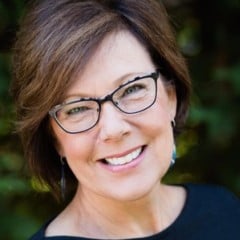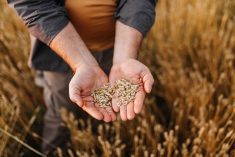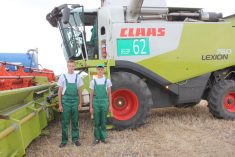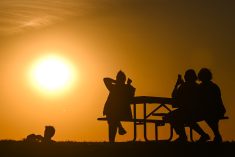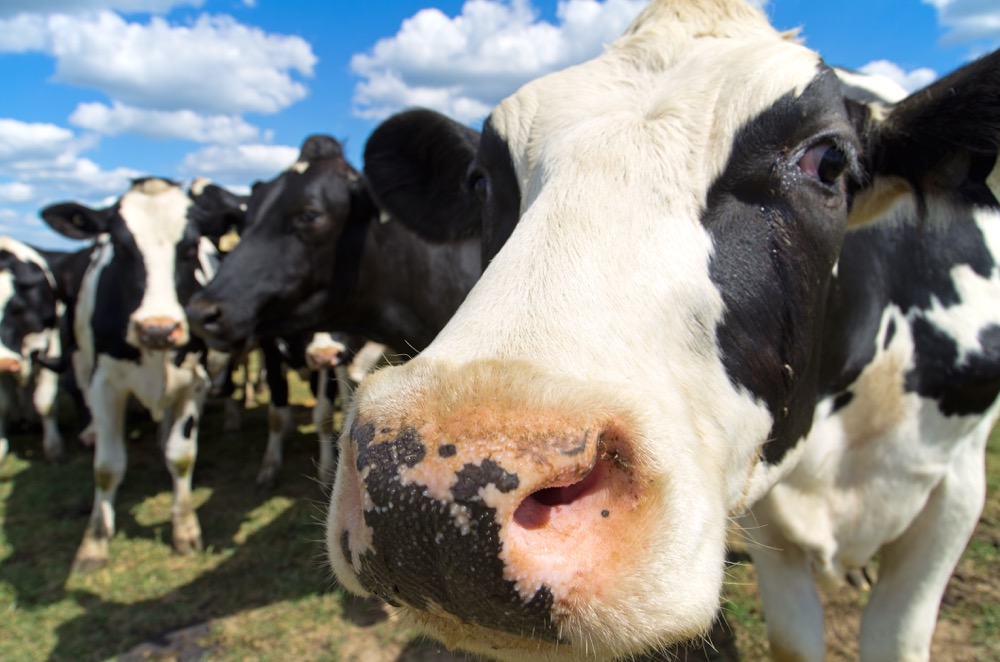Women have multiple roles on Alberta’s farms and ranches, and navigating the pandemic has taken courage, determination, innovation and forgiving grace.
I asked some of them to share their experiences.
At first, the fact that the country home was remote seemed a blessing as it reduced the potential exposure to the virus. But as time went on the isolation and frustration set in.
Off-farm jobs were lost or shifted in physical location to the basement, bedroom, home office or kitchen table. Children also needed schooling and required entertaining as their event calendar closed.
Read Also
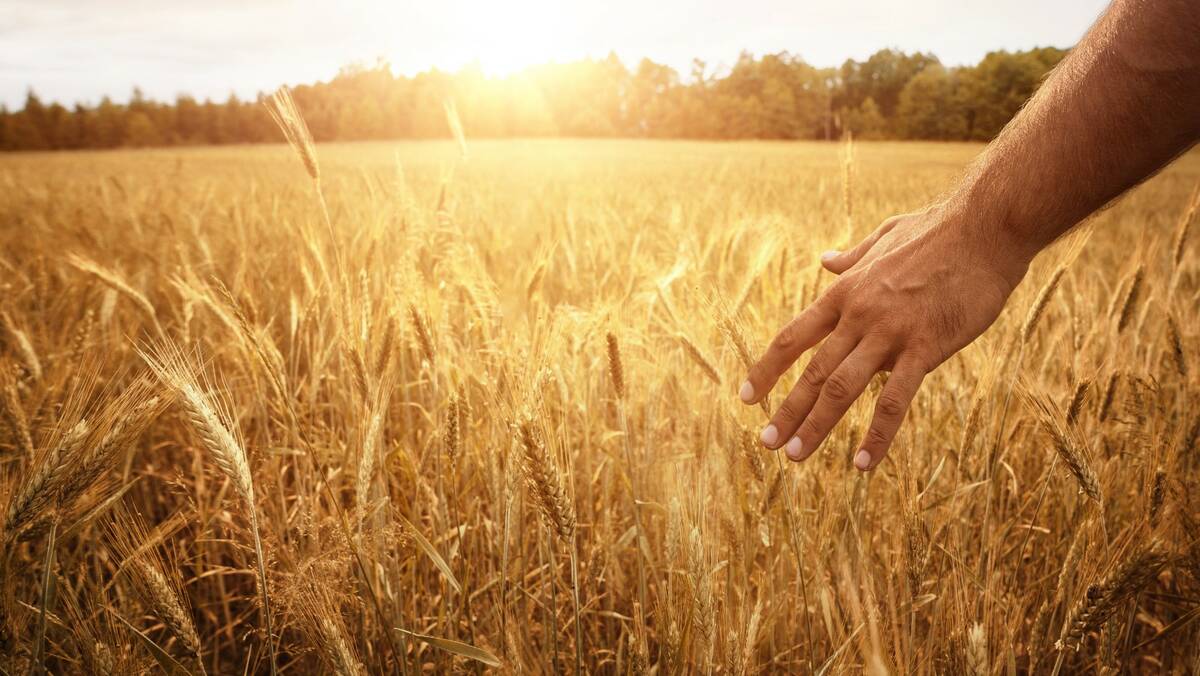
Workshop aims to tackle ‘pandemic’ of rural mental-health struggles
Canadian organizations combine efforts to provide two-day training seminar on mental health for agricultural industry.
In many homes, the kitchen table as the central gathering to enjoy a meal or game, was transformed to a workspace, office, classroom, boardroom or church.
This created chaos and women were exhausted as the boundaries had been erased. Just as they got their business day or school day started, the table had to be cleared for a meal and then reset for work.
- More with Brenda Schoepp: Novice farmers offer a host of lessons on what is possible
During meals the conversation also shifted. While many families said they grew close and found a new way of knowing and loving each other, other women described the stress as so high that the energy changed in the room. Financial worries and concern for elderly parents who were not accessible dominated the conversation.
Those seniors expressed the heart-wrenching pain of sitting alone — day after day, month after month. Single farm women also suffered mental fatigue from loneliness and the lack of help. Families said they watched in horror as their elderly parents’ mental health declined and women expressed profound guilt for not being more constant in the life of senior family members, even as they struggled to navigate the changes within their own homes, including child care.
Child care is always a challenge in rural communities and became almost insurmountable during the early days of the pandemic as grandparents and neighbours were not accessible. This was compounded when mother and children had to shift from the safety of the house to the tractor cab or calving barn.
It did not stop there.
Suddenly, new protocols had to be developed in the areas of employee safety, farm safety (especially for children), virtual communication, budgets and schedules — all while navigating the ever-present challenge of intermittent availability of child care, inputs and in some areas, high-speed internet.
Much of this fell into the hands of the rural women. The farms and ranches that had a retail business on site faced tough financial decisions. This often led to conflict, arguments and tears shadowed by the unknown fear of illness when normal commercial farm traffic resumed.
Isolation is repeatedly mentioned in studies involving farm and ranch women, and in the past two years this reached new levels in an astounding number of women.
For some, it brought increased exposure to verbal, emotional and financial abuse, gaslighting and physical violence along with an increase in addictions. Mental health was deeply and profoundly affected as some women were afraid to leave given the unknown viral risk in going to a shelter.
For many it was a time of losses.
Rural women were deeply impacted by the loss of a spouse through natural causes, COVID or suicide. With so many businesses closed or working slower, it was tough to navigate the legalities. Overall, the lack of closure when there was a death of a family member due to restrictions or inability to visit during the last hours, deeply affected the mental health of families. The women I spoke to shared that they suffered periods of profound grief and anxiety.
Chaotic and uncertain as life was (and regardless of the family dynamic), women strove to anchor anxious souls and give them a sense of belonging by nurturing a space of sharing and an opportunity to learn to grow.
On New Year’s Eve, and just hours before her tragic death in a helicopter crash alongside her husband and two of their daughters, Alberta rancher Aubrey Balisky posted these words along with the family photo: “2020 — the year we really learned, we love the people we live with.”
Yes we did.
From the tractor cabs jammed with children to virtual lessons to teaching life and business skills to calming the elderly and vulnerable, Alberta’s farm and ranch women have led with both style and grace.
They had their moments but in the midst of it all these women also started new businesses, created new spaces, learned new skills, dished out food, caring and compassion in equal parts, and stretched themselves in ways they never felt possible. They are immensely proud of their coping skills, business successes and incredible acts of kindness. Like Aubrey, they created a legacy with the people they know and love.
In every conversation, the women I spoke to conveyed optimism and a strong sense of opportunity as they shifted in their perspective over time. They felt empowered, and most enjoyed a new connectedness with other women while experiencing a love in their homes (or new homes) and a born-again appreciation for those vast rural spaces.
In their new and exciting leading roles, they have found forgiveness of self for what they could not change and walked through the door to a world where all things are possible.

